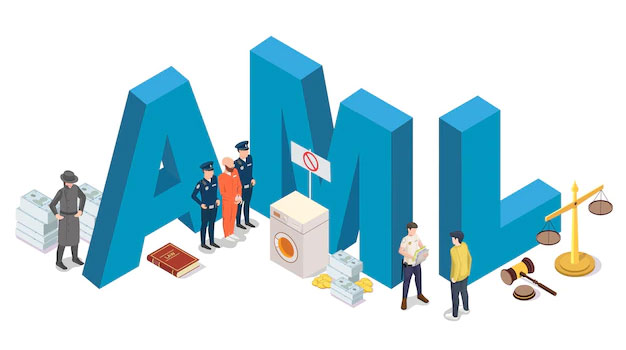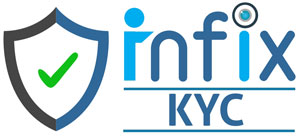About Infix Risk Tech
Infix is an innovative regulatory and governance tech company, creating, creating software for any types of financial institution. Our growth has lent us opportunities to work with new technology solutions on large scale implementations.
We are exploring state-of-the-art technologies such as Central Bank Digital Currency (CBDC) for instant payments across the world, EID for jurisdiction-recognized electronic ID, data mart and data warehousing solutions for banks and insurance companies.
Our Mission
In today’s dynamic world full of opportunity and risk, business transformations and increasing regulatory pressure, organizations need to become more agile while still managing their risk. Despite investments in GRC tools, risk and compliance processes in organizations today remain largely manual and siloed, and risk data remains fragmented. Significant improvements in risk management can be obtained when learning from digital business transformations. This article aims to outline the authors’ vision on how to digitize risk management, in-control, and assurance practices.
Digital risk refers to all digital improvements in business effectiveness. It covers automating decision making, digitised monitoring, and sending early warning signals. By tackling the digital risk, you can improve reliability and efficiency in a process. Our approach uses advanced data analytics (including ML, AI, and many other technologies). Optimise your capital allocation with our digitalise Enterprise-Wide assessments. We have prepared it in compliance with heavily regulated insurance markets to help you avoid any regulatory hurdles.
We can help you improve the efficiency and effectiveness of your risk-management approach. Our experts can implement digital risk initiatives to reduce operating costs for risk activities by over 20-30%. Current processes used by businesses are resource-intensive and ineffective. Sometimes, it leads to hefty fines due to non-compliance with regulatory standards.

About AML, CTF, PEP and Sanction
The basics
Anti-Money Laundering (AML)
Government guidelines surrounding money laundering are generally referred to as Anti-Money Laundering (AML). Money laundering often occurs when a business owner sets up an actual, legitimate business, as a way to disguise the illegal activity going on behind the scenes.
Counter-Terrorism Financing (CTF)
Counter-Terrorism Financing (CTF) are laws and regulations that aim to stop the illegal financing of terrorism and terrorist-related activities. This includes the illegal funding of terrorist organisations themselves.
Politically Exposed Person (PEP)
A "politically exposed person" or "PEP" is an individual that holds a prominent public position or function. Due to their role, they may be more susceptible to bribery, corruption or other money laundering offences, as a result of this they are of high risk to financial institutions and Designated Non-Financial Businesses and Professions (DNFBPs).
Sanction
Sanctions are restrictions imposed on individuals, entities or countries; in an effort to curb their activities and apply pressure on them to change their unlawful pursuits. This is brought about when such individual or country is found to breach either an international law, human right, or indulge in illegal activities such as drug and human trafficking, terrorist activities and so on.

The importance of AML/CTF
If you are a reporting entity, you must have an Anti-Money Laundering and Counter-Terrorism Financing (AML/CTF) program specifying how you comply with AML/CTF legislation. The program must be a written document describing how you identify, mitigate and manage the risk of your products or services being used for money laundering or terrorism financing and must be appropriate to the level of risk your business or organisation may reasonably face.
Your AML/CTF program must be risk-based. Meaning it must take into account the likely level of risk of your business or organisation being used for money laundering and terrorism financing, based on its size, nature and complexity. Current practices include the re-assessment of risk for all existing clients and the monitoring of red flags.
